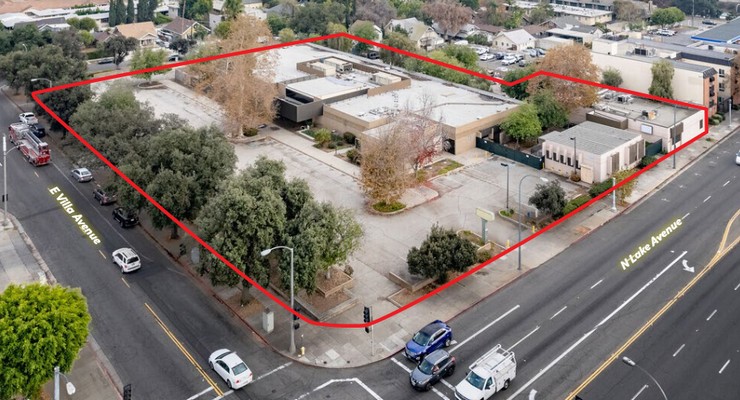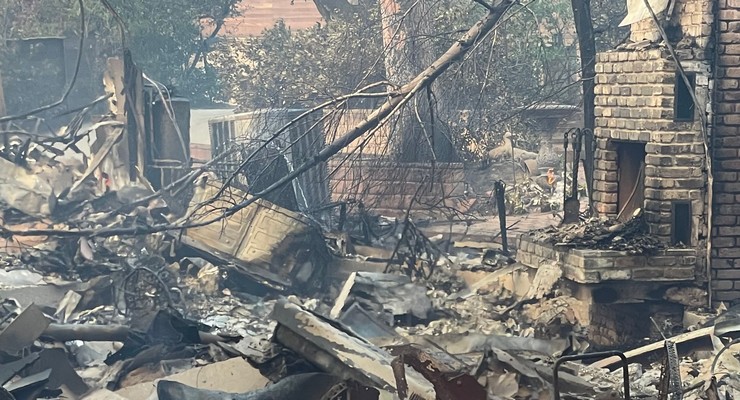
Key stakeholders provided recommendations and insights to Pasadena City Councilmembers Tuesday during the Council’s Economic Development and Technology meeting as to how the life sciences industry in Pasadena will further grow.
Kevin Duffy, Senior Vice President of CB Richard Ellis, a commercial real estate services and investment firm, said Pasadena as a whole is an 8.9 million square foot office market. The current vacancy in Pasadena is at 18.1 percent and the overall availability is 29 percent.
“Historically speaking, it’s really high right now but if you want to compare it against some of our neighboring cities – Burbank right now has a 9.8 percent vacancy, Glendale sits at 19.9 percent vacancy and 31 percent overall availability,” said Duffy.
Duffy said in 2022, there was a 274,00 square feet of Positive Net Absorption in Pasadena compared to Glendale, which had negative 74,000 square feet and Burbank, which had negative 20,000 square feet.
“We acknowledge it is a challenging market but we are faring better than competing cities that make up the tri-cities,” he said, referring to Burbank, Glendale and Pasadena.
Duffy believes the life science industry will fill a huge void in Pasadena in terms of vacancy.
“Burbank is so dependent upon entertainment it’s going to be a challenge going forward.”
“Glendale right now [has] very little tenant velocity. “There’s not a whole lot of movement in the professional services sector within the Glendale marketplace but Pasadena with Caltech and JPL … we are definitely seeing space robotics, technology, healthcare, clean energy solutions.”
Duffy reported tenants who are moving from downtown LA to suburban communities like Pasadena, or Glendale, due to the growing homelessness and crime situations.
He urged the city to ensure these issues will be addressed to attract life sciences businesses.
“Safety is going to be huge,” he said. “Tenants are moving from downtown LA because of safety concerns and I know there’s homeless situations everywhere. Pasadena has to be absolutely diligent in terms of staying on top of that — the cleanliness of the community and dealing with the homelessness issue.”
Duffy also urged the city to continue working with the building department to make sure the permits are turned around in a timely fashion.
“There are lots of landlords right now that are investing in their office buildings, the ability to turn around permits in a timely manner is going to be critical because if you’re not doing it Glendale is going to do it or Burbank is going to do it.”
He also urged the city to support landlords, who are now struggling due to high vacancy rates.
Hilary Norton, consultant to Biocom California, a leader in accelerating life science in California, thanked Pasadena for its efforts to help the life science industry thrive.
She specifically thanked the city for including life science zoning best practices in some general plans and modernizing hazardous materials reporting.
“Modernizing hazardous materials reporting was something that was a big issue when people were trying to locate here and life sciences needed to have less strictness about reporting while also ensuring safety.”
“Making that change has been a huge benefit for a lot of the businesses that want to come here and not be burdened by overreporting while meeting best practices standards,” Norton said.
She recommends that the city provide tax incentives to support life science businesses.
“There are more financial incentives needed because these are high investments at the beginning yet when you make those investments at the beginning that’s when you can really see the 10-year growth pattern.”
“We recommend business tax incentives to support entrepreneurship,” said Norton. “We also want to see partnerships with state and county for business and equipment loans or tax incentives.”
Norton said Biocom also wanted to see utility installation upgrades being implemented in the city.
“This has been very important as we’ve been working with life science companies that need to have access to power and access to water.”
Lastly, she urged the city to build affordable housing and transit connections to life science campuses.
“It would be great if we could direct staff to look into these checklists and see what is manageable, what can we do, what can we not do, and let our life science partners know that we are that hub we are going to be this life science mecca,” Edtech committee Chair and Councilmember Tyron Hampton remarked after the stakeholders delivered their reports.
Hampton said the committee will schedule a future meeting about the proposals raised by the key stakeholders at the Edtech meeting.














 0 comments
0 comments



